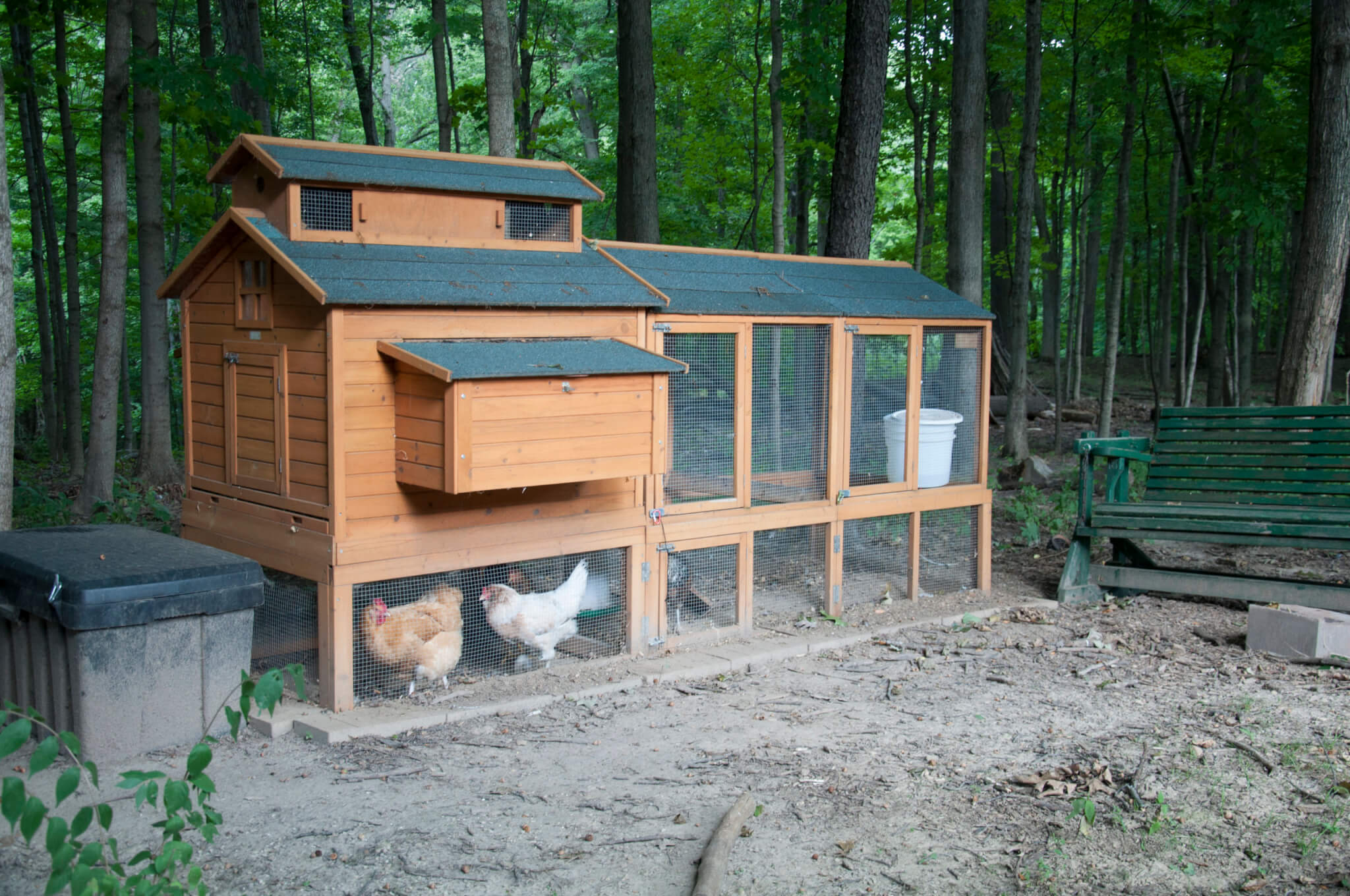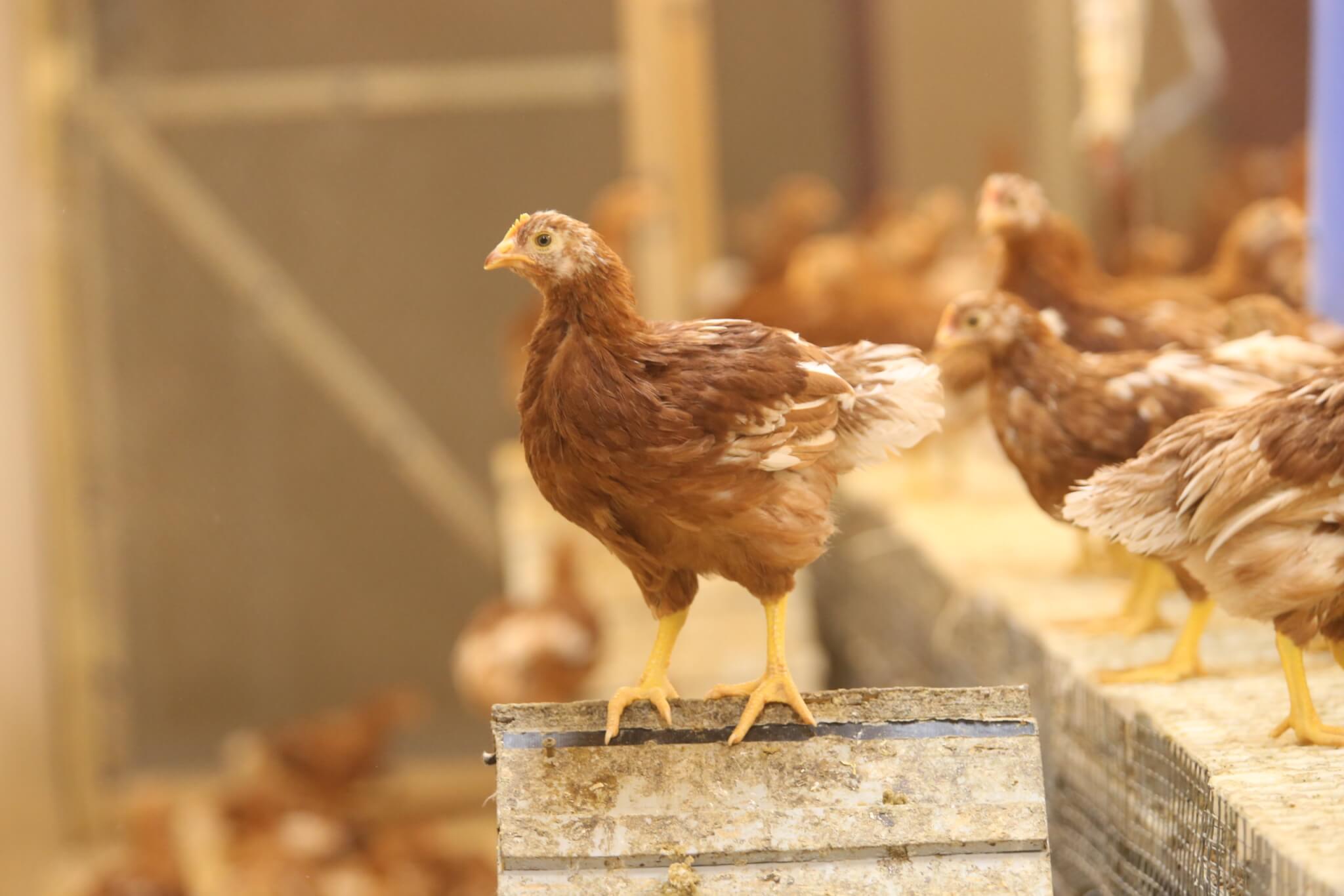A global pandemic is not the optimal time to start raising chickens, Marisa Erasmus, assistant professor of animal sciences, cautions.
As the COVID-19 virus spreads across the country and the globe, food security and sustainability is increasingly on people’s minds as lawmakers issue stay-at-home orders and grocery stores are frequently low on staples. Recent popular press report that anxiety around the food supply may be causing an uptick in the U.S. of people ordering chicks so they might have a reliable supply of eggs. Many people jump into this undertaking blindly, not considering certain factors before placing that order for live chicks, Erasmus said.
“If you’re thinking of buying chicks, do your work ahead of time,” she continued. “Make sure you know what you’re getting yourself into. These animals are going to grow up and have very specific needs. They are reliant on us to provide for them and we have to be sure we can do that.”
Erasmus put forward several considerations to take into account before purchasing chicks:

woods in the background.
- Chicks take roughly 5-6 months to mature, at which time they will start producing eggs.
- Chickens, while housed outside, need shelter from the elements, whether in the form of a hoop structure, a shed or a coop. The structure must be dry with good air circulation and adequate flooring to maintain the health of the flock. As chickens grow, they will need increasingly more space, roughly 2 square feet per bird.
- Other amenities like perches, where the chickens rest and fencing to keep out wild animals, are all necessary to raise healthy birds.
- At some point, birds will become injured or ill. Those rearing chickens need to have a plan in place to deal with this eventuality and need to be able to recognize signs of disease and deterioration.
- Chickens require specific feed based on their age and whether or not they are laying eggs. “They can eat some scraps but they do have specific nutritional requirements, which require supplemental feed to be met,” Erasmus explained.

Education Center.
Erasmus also recommended those considering chickens acquaint themselves with local ordinances, which many towns and counties have, regarding the rearing of poultry. In some places, it is forbidden while other areas may allow it under certain conditions or require shelter specifications.
Those hesitant about investing the time, energy and financial resources required to raise chickens should consider other ways to become more self-sustaining, from starting a vegetable garden to composting. Rearing animals unprepared threatens their quality of life and ability to be productive, Erasmus continued.
“Poultry, including chickens, sometimes have the reputation of being ‘bird-brained’,” Erasmus said. “But anyone who has experience raising chickens will tell you they are intelligent and complex creatures who have the capacity to experience suffering and contentment.”





